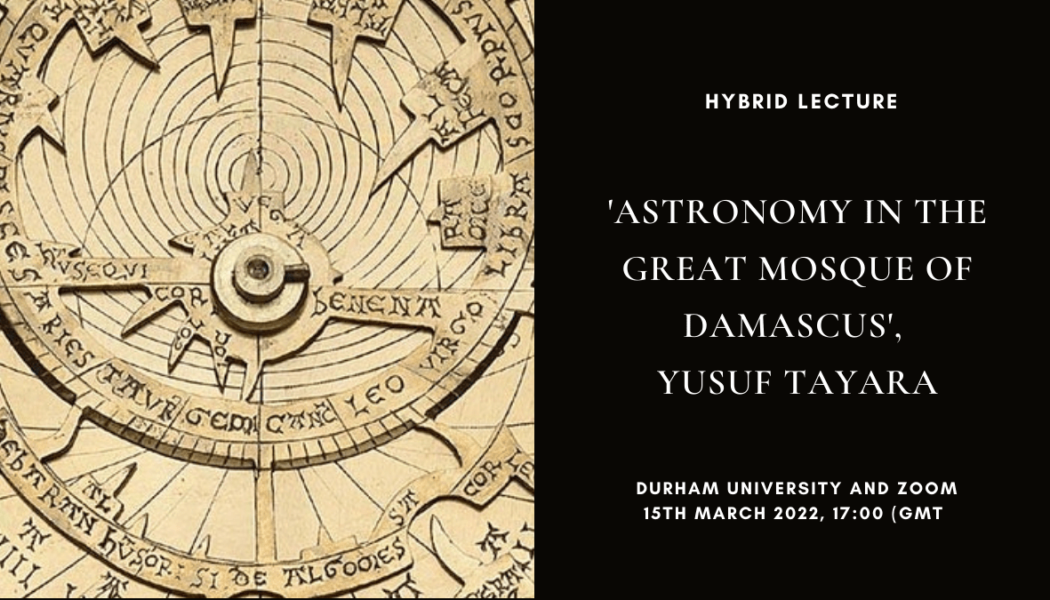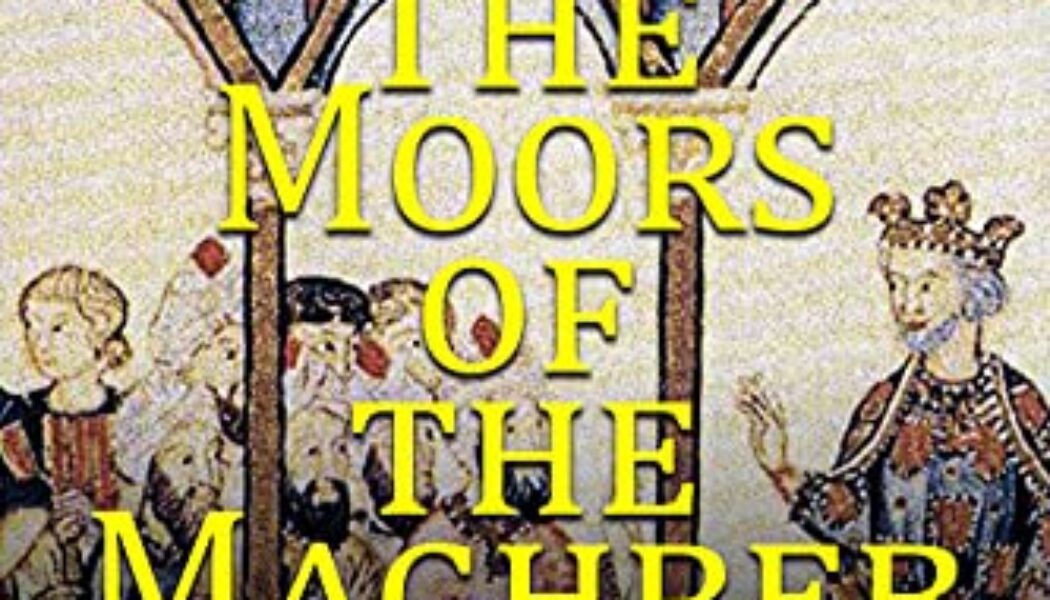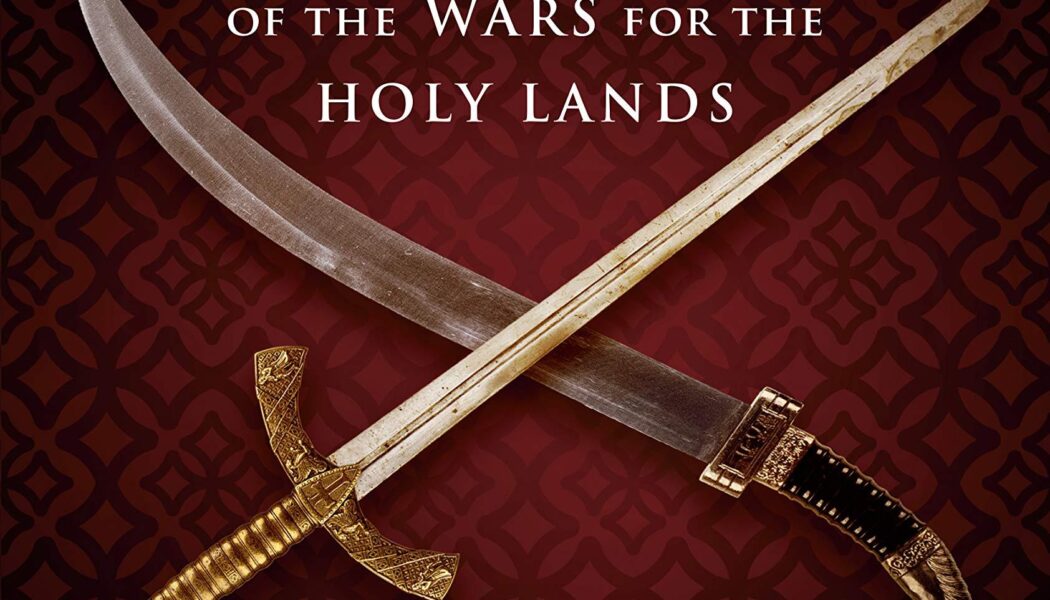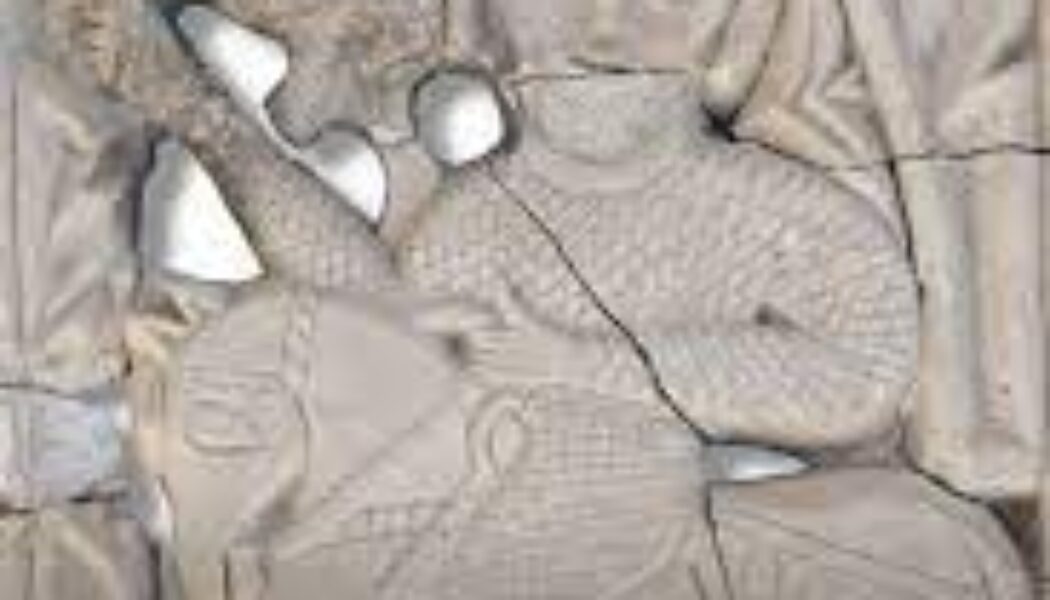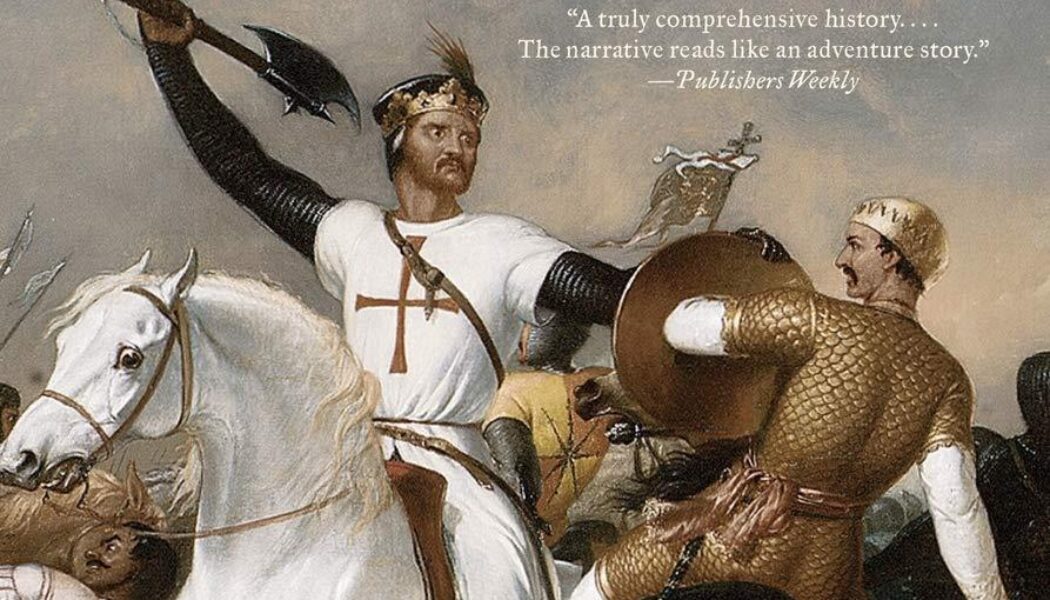muslim
Astronomy in the Great Mosque of Damascus: Towards a Social History of Mamluk Astronomy
Join us at the Institute of Medieval and Early Modern Studies, Durham University, 7 Owengate, Durham, DH1 3HB, on March 15 at 5:00 p.m. to hear Yusuf Tayara of the Oxford University History Department present his research on ‘Astronomy in the Great Mosque of Damascus: Towards a Social History of Mamluk Astronomy’.
The Moors of the Maghreb: The History of the Muslims in North Africa during the Middle Ages
The term Moor is a historical rather than an ethnic name. It is an invention of European Christians for the Islamic inhabitants of Maghreb (North Africa), Andalusia (Spain), Sicily and Malta, and was sometimes use to designate all Muslims. It is derived from Mauri, the Latin name for the Berbers who lived in the Roman province of Mauretania, which ranged across modern Algeria and Morocco.
Crusaders: The Epic History of the Wars for the Holy Lands
By telling intimate stories of individual journeys, Jones illuminates these centuries of war not only from the perspective of popes and kings, but from Arab-Sicilian poets, Byzantine princesses, Sunni scholars, Shi'ite viziers, Mamluk slave soldiers, Mongol chieftains, and barefoot friars.
The Prophet & the Age of the Caliphates: The Islamic Near East from the Sixth to the Eleventh Century, 3rd Edition
The Prophet and the Age of Caliphates is an accessible history of the Near East from c.600-1050AD, the period in which Islamic society was formed. Beginning with the life of Muhammad and the birth of Islam, Hugh Kennedy goes on to explore the great Arab conquests of the seventh century and the golden age of the Umayyad and Abbasid caliphates when the world of Islam was politically and culturally far more developed than the West. The arrival of the Seljuk Turks and the period of political fragmentation which followed shattered this early unity, never to be recovered.
Medieval Iberia: Readings from Christian, Muslim, & Jewish Sources
This primary source material ranges widely across historical chronicles, poetry, and legal and religious sources, and each is accompanied by a brief introduction placing the text in its historical and cultural setting. Arranged chronologically, the documents are also keyed so as to be accessible to readers interested in specific topics such as urban life, the politics of the royal courts, interfaith relations, or women, marriage, and the family.
The Crusades: The Authoritative History of the War for the Holy Land
An authoritative, accessible single-volume history of the brutal struggle for the Holy Land in the Middle Ages.

